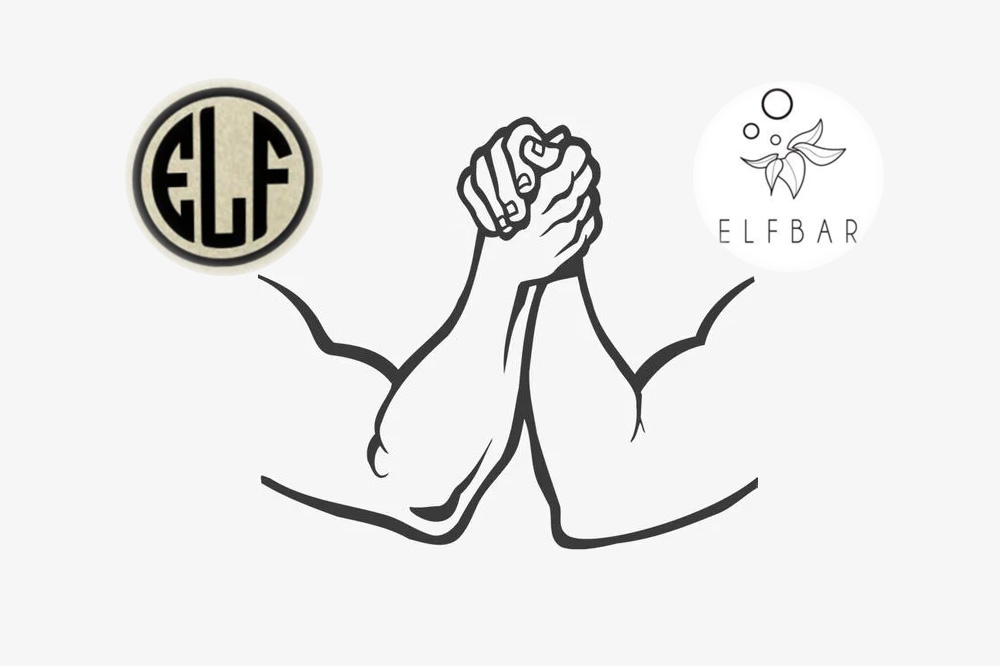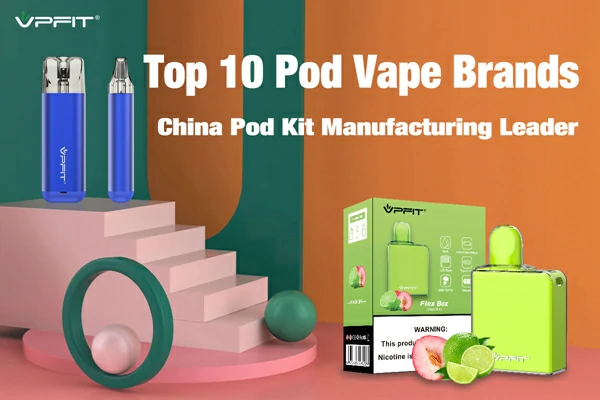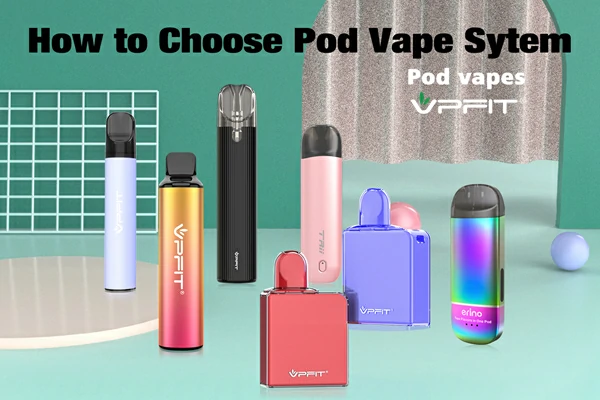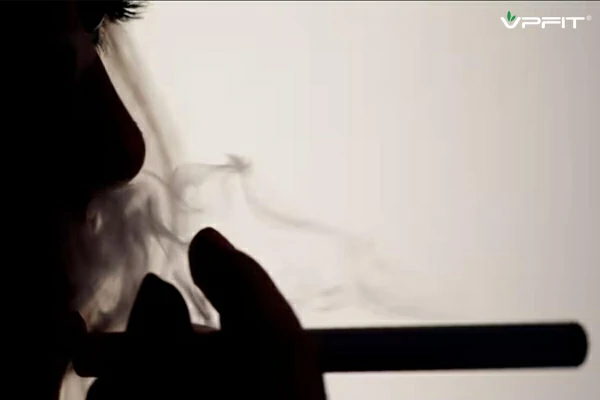
How To Quit Smoking | Are E Cigarette And Vape Trick?
February 24, 2023
Altria plans to acquire NJOY | Jsbvape – Authoritative China Vape
February 28, 2023On February 23, US Eastern Time, the Federal District Court for the Southern District of Florida issued a judgment order, “approving the order of preliminary injunction motion [ECF No. 5] of the plaintiff VPR Brands LP and rejecting the defendant’s motion for retrial [ECF No. 76] of Shenzhen Weiboli Technology Co., Ltd.”.
The judge ordered Shenzhen Weiboli Technology Co., Ltd. to stop its marketing activities of “ELFBAR” brand e-cigarettes throughout the United States, because the plaintiff VPR Brands LP believed that “ELFBAR” was suspected of infringing the “ELF” e-cigarette trademark produced and sold by the company.
According to Law360, the US legal news media, in November 2022, VPR requested to issue an injunction to prevent Shenzhen Weiboli from continuing to use the ELFBAR trademark, believing that its alleged infringement had a negative impact on VPR’s future sales, resulting in a loss of about US $100 million. Weiboli argued that according to the “principle of illegal use”, the trademark of VPR is not enforceable, because the ELF electronic cigarette of VPR has not been approved by the PMTA of FDA. At that time, the 11th Circuit Court, which accepted the case, tended to use the “illegal use principle” as an administrative tool for the United States Trademark Trial and Appeal Board to deal with trademark disputes. Therefore, the last case ended with VPR.
VPR then said that its CEO saw the advertisement of ELFBAR product in a trade magazine. The shape and size of the product was almost the same as that of the company’s ELF product, except that it was made of plastic, disposable, non-rechargeable, and pre-loaded with nicotine nicotine.
According to the lawsuit, Shenzhen Weiboli not only infringed the ELF trademark of VPR, but also infringed the patent of its electronic cigarette equipment.
VPR claimed that there was unfair competition, and claimed compensation including loss of sales and profits, triple compensation and attorney fees.
In the trial of the case on the 23rd, the judge wrote that the trademark registration of VPR (submitted in November 2017 and approved in May 2018) gave it priority. In addition, the company has proved the possibility of confusion, because “ELF (originally ‘spirit’)” is not specifically related to electronic cigarette products, The suffix “bar” is usually used for strip e-cigarets – so consumers familiar with e-cigarets will think that ELFBAR comes from ELF brand when they see it.
Although Shenzhen Weiboli once argued that the ELF trademark was unknown because the sales volume of ELFBAR was much stronger, the judge wrote that the sales volume of ELF was “insignificant” and could not explain the problem.
The judge wrote: “The defendant has no right to infringe a valid registered trademark, and then tries to avoid the consequences of infringement by exceeding the trademark holder in sales”.
In fact, there are differences between ELFBAR and ELF products. The former is a pre-filled disposable electronic cigarette, and the latter is a bullet-changing electronic cigarette that can be refilled. However, the judge believed that this difference was not obvious and was not enough to undermine the conclusion that “consumers will be confused”. The judge also wrote in the judgment that these products were sold and promoted in the same circle, mainly through distributors and trade magazines, which further strengthened the court’s conclusion that ELFBAR products might confuse buyers.
Although there was no clear evidence to prove that ELFBAR intended to use the ELF trademark, the judge still said that Wilburi knew the ELFBAR trademark very well. Because the United States Patent and Trademark Office refused to register the ELFBAR trademark in July 2021 for these reasons.
Although the judge believed that there was not enough evidence to prove the actual confusion – only Kevin Frija, the CEO of VPR, had received a text message from the dealer asking whether VPR was the manufacturer of ELFBAR. However, the judge wrote that “other factors are largely conducive to the approval of the ban, such as the public interest of avoiding market confusion”.
The judge wrote that VPR’s senior executives testified that when ELFBAR entered the market, their sales fell, and if Shenzhen Weiboli was allowed to continue to sell its products in the United States, VPR would not be able to control its trademark.
Finally, the judge rejected the request of Shenzhen Weiboli to resume the evidence hearing on the injunction, saying that the court had held two hearings for more than nine hours and had received a lot of evidence.
VPR said, “We are happy to see the result of this judgment. The ban will enable VPR to quickly crack down on infringers and counterfeiters in the market.”
A lawyer from Shenzhen Weiboli said that the company intends to appeal the judgment.
On February 25, the two companies randomly connected two electronic cigarette stores and suppliers in Florida, and they did not receive any notice about the need to remove the products from the shelves or withdraw the products. The two supremos expect that the normal sales of ELFBAR will not be affected in the time before the appeal of Weiboli.
At the TPE exhibition site in Las Vegas, the United States, two staff of the Supreme Washington News Center interviewed the ELFTHC booth located at 3252 booth, and the other said that they were the newly established brand of ELF. ELF said that it was hard to hide its joy that it had won the case. The North American public relations manager of ELFBAR revealed to the two supremos that ELFBAR will launch a brand new brand name “EB Design”.






